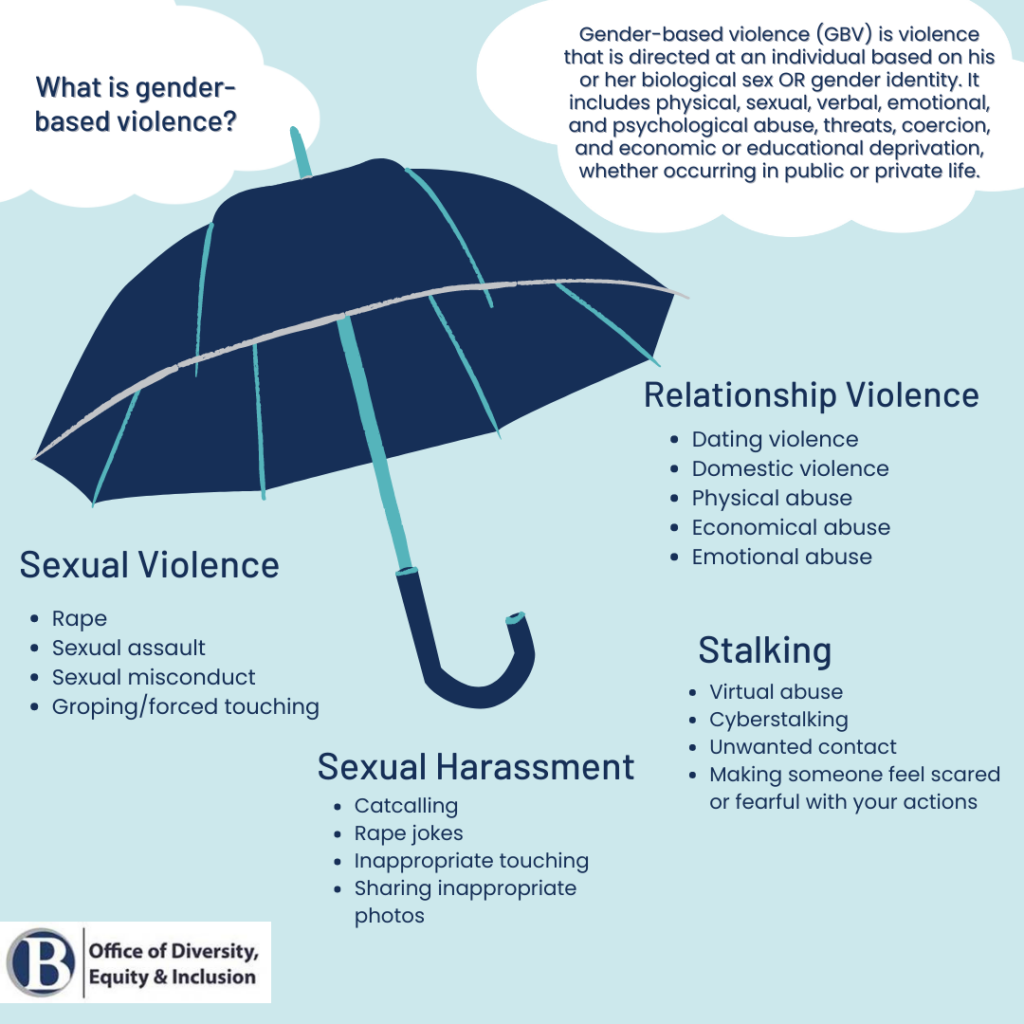Why Food Startups Fail: Lessons Learned From Founders

Table of Contents
Lack of Market Research and Validation
Before investing time, money, and effort into a food startup, thorough market research is paramount. Many aspiring food entrepreneurs underestimate the importance of understanding their target audience and the competitive landscape. Ignoring these crucial steps often leads to failure.
Ignoring Target Audience Needs
Successfully launching a food product requires deep insight into consumer preferences and dietary trends. Many food startups fail because they:
- Insufficient market research: They haven't conducted adequate research to understand customer needs and preferences.
- Failing to identify a niche: They haven't identified a specific target market or a unique selling proposition.
- Neglecting customer feedback: They haven't sought and acted upon feedback from potential customers.
- Misjudging demand: They've overestimated or underestimated the demand for their product.
Launching a product without thorough market validation is akin to building a house on shifting sand. For instance, a gourmet popcorn company might fail if they don't consider the existing competition, price sensitivity of the target market, or the prevalence of allergies within their chosen demographic.
Poor Product-Market Fit
A brilliant food product concept can still fail if it doesn't meet a real market need. This lack of "product-market fit" is a common reason why food startups fail. Common pitfalls include:
- Developing a product that’s too expensive: Pricing needs to align with the target market's purchasing power.
- Developing a product that’s too niche: Targeting too narrow a market can limit growth potential.
- Developing a product that doesn’t solve a problem: The product lacks a compelling reason for consumers to buy it.
Consider a new health-conscious granola bar that's priced significantly higher than competitors offering similar products without a clearly superior benefit. The lack of product-market fit in terms of price and perceived value will likely doom the venture.
Operational Challenges and Inefficiencies
Even with a great product and market validation, operational inefficiencies can cripple a food startup. Scaling production, managing distribution, and controlling costs are critical challenges.
Scaling Issues
As demand increases, many food startups struggle to keep up. Scaling issues often manifest as:
- Inability to meet increasing demand: Production capacity bottlenecks lead to unsatisfied customers and lost sales.
- Supply chain disruptions: Delays or shortages in ingredients hamper production and negatively impact sales.
- Poor inventory management: Inefficient stock control leads to waste, spoilage, and lost revenue.
- Inefficient production processes: Slow or cumbersome production methods limit output and increase costs.
Successful scaling requires careful planning and investment in infrastructure and technology. A well-defined supply chain and efficient production processes are essential.
High Operational Costs
Food production is inherently expensive. Ingredients, labor, regulatory compliance, and equipment all contribute to high operational costs. Many startups fail due to:
- Underestimating production costs: Initial cost projections often underestimate the true cost of manufacturing.
- Inefficient use of resources: Waste and spoilage significantly increase operational costs.
- Inadequate funding: Insufficient capital to cover operational expenses leads to financial difficulties.
- Lack of cost control mechanisms: Without rigorous cost monitoring, expenses can spiral out of control.
Implementing efficient cost-control measures, negotiating favorable supplier contracts, and optimizing production processes are crucial for profitability.
Funding and Financial Management Problems
Securing sufficient funding and managing finances effectively are critical for the survival of any food startup.
Insufficient Funding
Lack of capital is a major contributor to food startup failure. Many startups struggle to:
- Lack of access to capital: Difficulty securing loans or attracting investors.
- Inadequate bootstrapping: Insufficient personal savings to sustain the business during its initial stages.
- Running out of cash: Insufficient funds to cover operational expenses.
- Poor financial planning: Lack of a well-defined financial plan and budget.
Exploring various funding options – angel investors, venture capital, small business loans – and creating a detailed financial forecast are essential.
Poor Financial Management
Even with adequate funding, poor financial management can lead to failure. Common mistakes include:
- Poor cash flow management: Inability to manage cash inflows and outflows effectively.
- Inadequate pricing strategies: Pricing that doesn't cover costs and generate profit.
- Failing to track key financial metrics: Lack of monitoring key performance indicators (KPIs) like revenue, expenses, and profit margins.
Financial literacy and robust accounting practices are critical for making informed business decisions and ensuring long-term sustainability.
Marketing and Sales Mistakes
A great product with efficient operations will fail without effective marketing and sales strategies.
Ineffective Marketing Strategies
Many food startups struggle to reach their target audience. This often stems from:
- Poor branding: A weak brand identity that fails to resonate with consumers.
- Ineffective social media marketing: Failure to leverage social media platforms to reach potential customers.
- Lack of online presence: Insufficient online visibility and engagement.
- Failure to build brand awareness: Lack of effective strategies to build recognition and loyalty.
Developing a comprehensive marketing plan that incorporates digital marketing, public relations, and strategic partnerships is essential for building brand awareness and driving sales.
Weak Sales Channels
Establishing strong distribution channels is essential for reaching consumers. Many startups fail due to:
- Limited distribution networks: Reliance on a limited number of sales channels.
- Poor customer acquisition: Ineffective strategies for acquiring new customers.
- Reliance on a single sales channel: Over-dependence on one channel exposes the business to significant risk.
Diversifying sales channels, building strong relationships with distributors, and employing effective customer acquisition strategies are crucial for sustainable growth.
Conclusion
Understanding why food startups fail is the key to increasing your chances of success. The reasons are multifaceted, encompassing market research shortcomings, operational inefficiencies, funding and financial management problems, and marketing and sales mistakes. Avoiding these pitfalls requires thorough planning, market validation, efficient operations, strong financial management, and effective marketing strategies. Avoid the pitfalls of food startup failure by conducting thorough market research, optimizing your operations, and developing a robust business plan. Understanding why food startups fail is the first step towards building a successful and sustainable food business.

Featured Posts
-
 Barcelonas Stunning 4 3 Victory Over Real Madrid First Impressions
May 29, 2025
Barcelonas Stunning 4 3 Victory Over Real Madrid First Impressions
May 29, 2025 -
 Nike Air Max 95 Hm 8755 001 Triple Black And Wolf Grey Colorway Deep Dive
May 29, 2025
Nike Air Max 95 Hm 8755 001 Triple Black And Wolf Grey Colorway Deep Dive
May 29, 2025 -
 One Adult Harry Potter Character Hbos Remake Cant Get Wrong Forget Snape And Dumbledore
May 29, 2025
One Adult Harry Potter Character Hbos Remake Cant Get Wrong Forget Snape And Dumbledore
May 29, 2025 -
 The Joshlin Case Kelly Smiths Response To Fellow Accused
May 29, 2025
The Joshlin Case Kelly Smiths Response To Fellow Accused
May 29, 2025 -
 Tougher Drug Laws In France Phone Seizures For Users And Dealers
May 29, 2025
Tougher Drug Laws In France Phone Seizures For Users And Dealers
May 29, 2025
Latest Posts
-
 Analysis 311 Heatwave Fatalities In England Underscore Public Health Concerns
May 30, 2025
Analysis 311 Heatwave Fatalities In England Underscore Public Health Concerns
May 30, 2025 -
 Hot Weather Claims 311 Lives In England Understanding The Risks And Prevention Strategies
May 30, 2025
Hot Weather Claims 311 Lives In England Understanding The Risks And Prevention Strategies
May 30, 2025 -
 311 Heat Related Deaths In England A Wake Up Call For Heatwave Preparedness
May 30, 2025
311 Heat Related Deaths In England A Wake Up Call For Heatwave Preparedness
May 30, 2025 -
 Urgent Travel Advice Foreign Office Warning For Brits Visiting Greece
May 30, 2025
Urgent Travel Advice Foreign Office Warning For Brits Visiting Greece
May 30, 2025 -
 Izrailskoe Ministerstvo Zdravookhraneniya Mada Preduprezhdaet O Nepogode
May 30, 2025
Izrailskoe Ministerstvo Zdravookhraneniya Mada Preduprezhdaet O Nepogode
May 30, 2025
